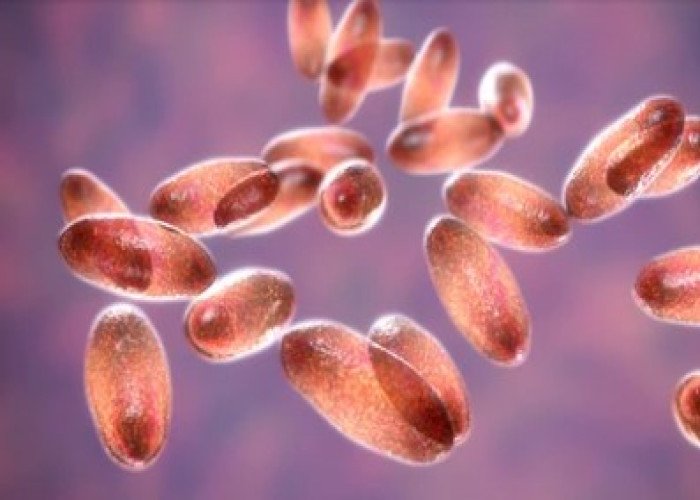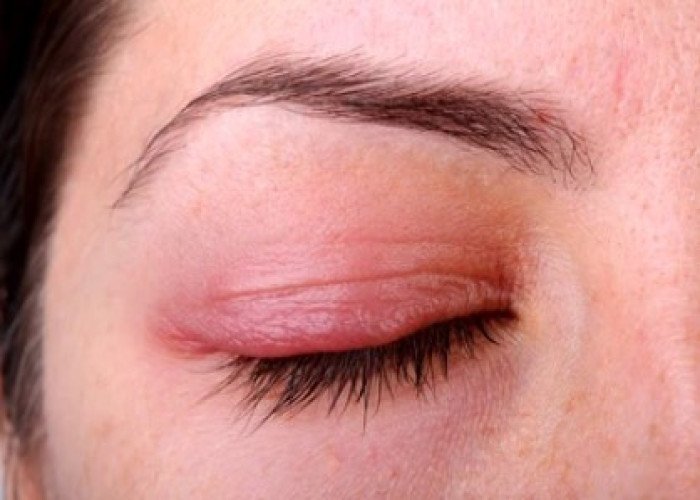 Welcome
Welcome
“May all be happy, may all be healed, may all be at peace and may no one ever suffer."
Menstruation stops - Homeopathic remedies
Menstruation can stop for a variety of reasons, including pregnancy, menopause, certain medications, hormonal imbalances, and certain medical conditions.
If you have missed a period and are sexually active, the first step is to take a pregnancy test. If the test is negative and you have missed several periods, it is important to see your healthcare provider to rule out any underlying medical conditions such as thyroid disorders, polycystic ovary syndrome (PCOS), or uterine fibroids.
Certain medications, such as hormonal birth control or medications that affect hormone levels, can also cause changes in menstruation. If you have recently started or changed medications, it is important to discuss any changes in your menstrual cycle with your healthcare provider.
Stress, weight changes, and other lifestyle factors can also affect menstrual cycles. Practicing good self-care, such as getting enough sleep, exercise, and eating a healthy diet, can help regulate menstrual cycles.
If you are experiencing a sudden cessation of menstruation or other concerning symptoms, such as abdominal pain or unusual discharge, it is important to see your healthcare provider. They can help identify any underlying conditions and recommend appropriate treatment options.

Vaginal itching

Dream of theft

Mucous discharge

Obesity

Plague

Fat gain

Crazy

Inflammation of eyelids
Menstruation stops, ঋতুস্রাব বন্ধ
To be happy, beautiful, healthy, wealthy, hale and long-lived stay with DM3S.
